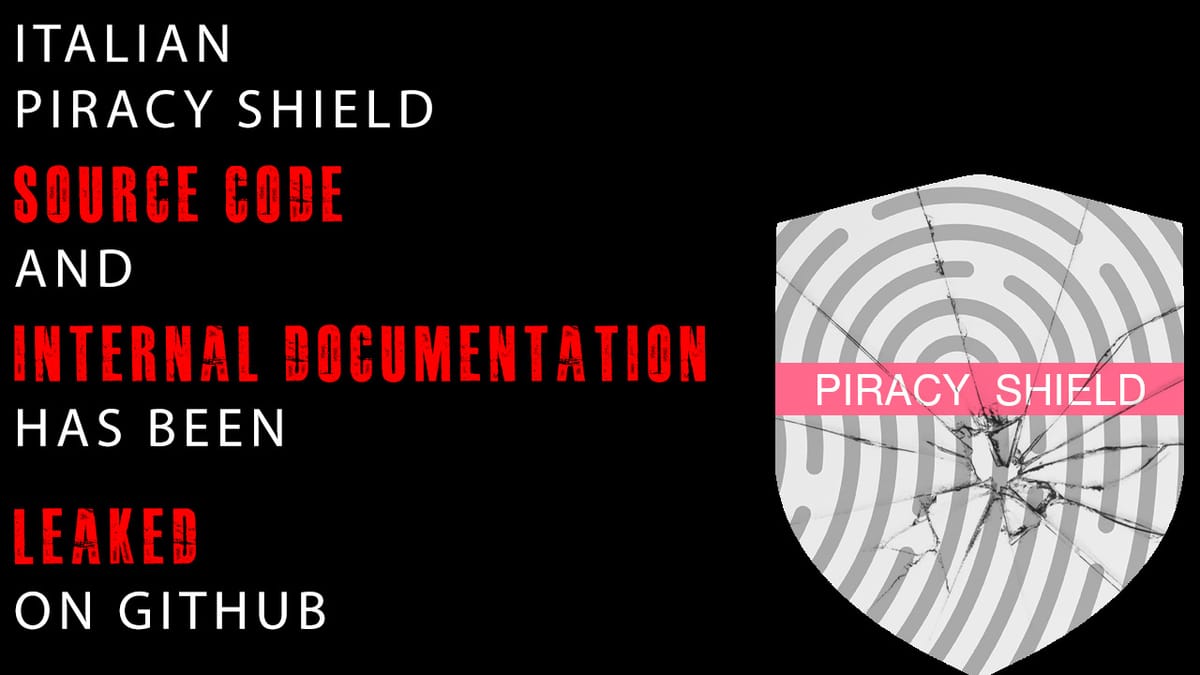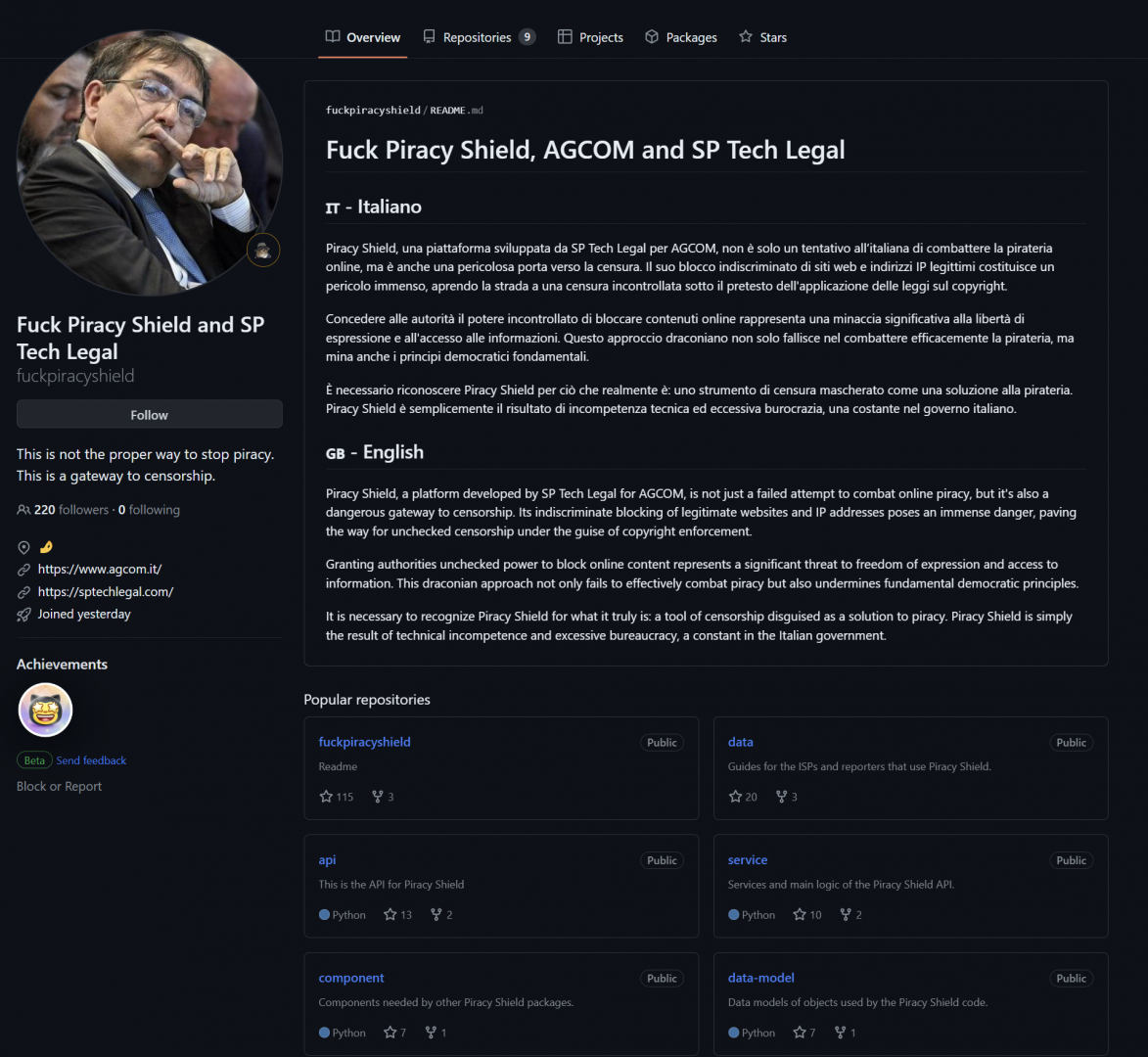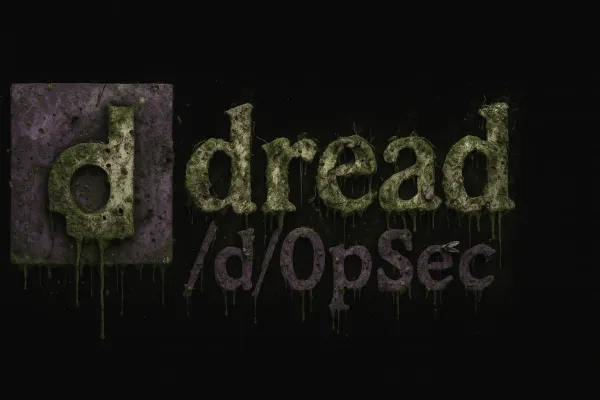Italian Piracy Shield Source Code and Internal Documentation has been leaked on GitHub

A recent leak on GitHub has revealed the source code and internal documentation of Italy’s controversial “Piracy Shield” platform, developed by SP Tech Legal for AGCOM, the country’s communications regulator.
“This is not the way to stop piracy. This is a gateway to censorship,”
– Bio of Github Author
The leak has sparked concerns about the platform’s potential for censorship and its impact on freedom of expression and access to information. According to the leaked information, Piracy Shield was designed to combat online piracy by blocking websites and IP addresses suspected of facilitating copyright infringement. However, the platform’s indiscriminate blocking approach has raised alarms, as it has reportedly resulted in the blocking of legitimate websites and IP addresses, posing a significant threat to free speech and open internet principles.

Critics argue that granting authorities unchecked power to block online content sets a dangerous precedent and paves the way for unchecked censorship under the guise of copyright enforcement. They contend that Piracy Shield is not a practical solution to piracy but rather a tool of censorship resulting from technical incompetence and excessive bureaucracy within the Italian government.
The leak has shed light on the platform’s inner workings, revealing its potential for overreach and the lack of transparency surrounding its implementation. Concerns have been raised about the lack of due process and the absence of clear guidelines for determining which websites and IP addresses should be blocked, leaving room for arbitrary and disproportionate censorship.
Advocates of free speech and digital rights have called for a more balanced approach to combating piracy, which respects fundamental democratic principles and upholds the right to freedom of expression and access to information. They argue that indiscriminate blocking of online content is ineffective and poses a significant threat to the open internet and the free flow of information.
As the debate surrounding Piracy Shield continues, the leaked information has reignited discussions about the need for transparency, accountability, and safeguards against censorship in the digital age. It serves as a reminder that efforts to combat piracy should not come at the expense of fundamental rights and freedoms.



